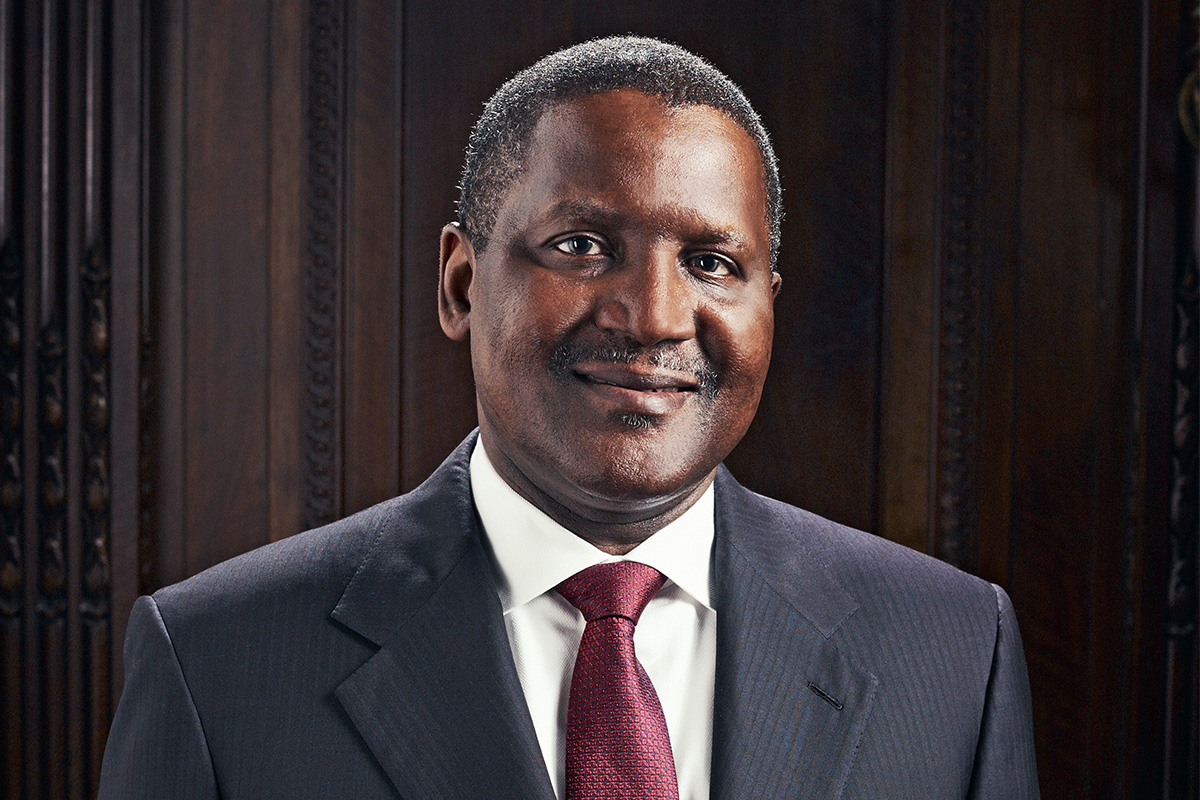In what looks set to be a real-life Good Will Hunting story, a Chinese mathematical genius solved a problem in one night that baffled PhD students for months.
Wei Dongyi, nicknamed ‘God Wei’, showed PhD students a thing or two about solving equations.
Dongyi is an assistant professor at Peking University, in Beijing, and was sought out by the students who were stumped with the equation.
Happy to help, the maths wiz sent over his workings out to help solve the problem. The students adjusted their experiment accordingly and hey-presto their new model had a 96 percent success rate.
Dongyi was offered compensation for his work, but like an absolute baller refused, saying: “It’s unnecessary to pay me for such an easy problem,” South China Morning Post reports.
Still, the students wanted to do something for the assistant professor, so they finally settled on paying for Dongyi’s transport card.
Naturally, the story caught the attention of the wider academic community, with Chen Dayue, the dean of Peking University’s School of Mathematical Sciences, saying:
“It is not rare or surprising to us that Wei can solve the puzzle that other people cannot because he is smart and is hyper-focused on maths problems.”
With a former classmate saying of Dongyi:
“Among thousands of PKU students in the school, you can recognise God Wei with one look because no matter which season it is, he always carries a 1.5-litre plastic bottle and walks fast.
“He is a disciplined person. We often saw him eat steamed buns accompanied with tofu in the canteen.
This isn’t the first time that Dongyi has captured headlines, because the math genius went viral in 2021 after an interview clip of him and the earlier mentioned giant plastic water bottle caught the attention of people online.
The assistant professor was mistaken for a student in the clip and people started sending him replacements for his battered beverage holder, which made him a little uncomfortable.
Speaking of the gifts, he said: “But I’m worried about the gift-giving issue and how it affects my teaching ethics.”




